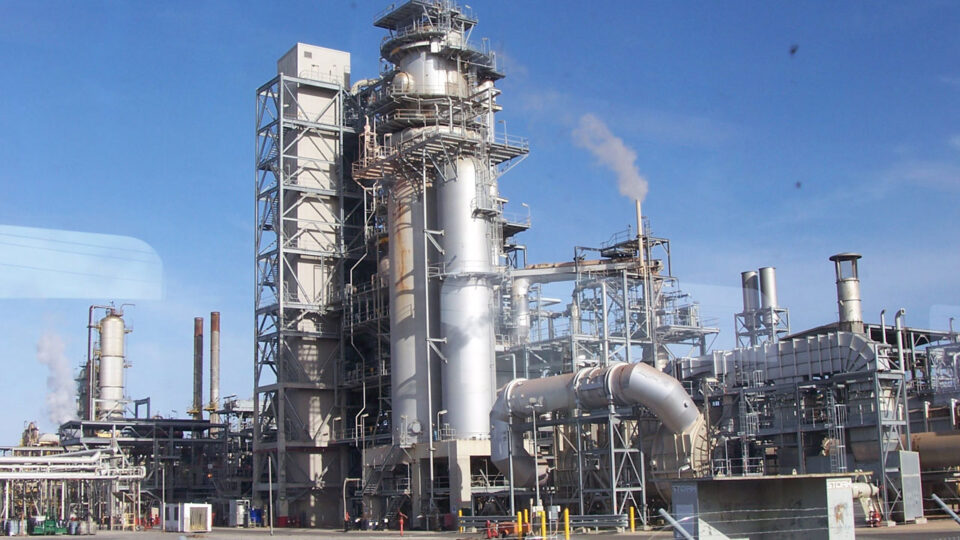
Dangote Refinery and Nigeria’s Energy Future, by Aremu Ebunoluwa Toluwani
Nigeria’s energy landscape is on the cusp of a transformation as Alhaji Aliko Dangote, one of Africa’s most influential industrialists, announced the commencement of Premium Motor Spirit (PMS) production at the Dangote Refinery.
In a recent interview, Dangote unveiled a sample of the newly refined petrol, marking a significant milestone in Nigeria’s long-standing quest to reduce its reliance on imported fuel.
The Dangote Refinery, touted as the largest single-train refinery in the world, is expected to play a pivotal role in stabilizing Nigeria’s domestic fuel market, potentially easing the burden of skyrocketing fuel prices. Many Nigerians are hopeful that the petrol from the refinery will be more affordable compared to the current prohibitive rates.
However, the rollout of the new petrol has sparked a wave of curiosity and even confusion. Unlike the familiar yellow-tinged fuel Nigerians are accustomed to, Dangote’s refined petrol is colorless and transparent. This unfamiliar appearance has generated conversations on social media, with some Nigerians questioning whether the product is genuine.
An X user, @lolujubril, remarked, “High-quality fuel resembles water; we should sensitize our people before they think it’s fake.”
This comment underscores the need for proper public sensitization. Many Nigerians, unfamiliar with the clear, high-grade petrol, could easily mistake it for a substandard or counterfeit product. Without adequate information, misconceptions could arise, creating unnecessary doubt about the quality of the fuel.
The clear appearance of Dangote’s refined petrol, identified by some as “virgin C5″—a high-purity hydrocarbon—has prompted both amusement and concern among the public. While some jokes have circulated, warning people not to mistake it for drinking water, others have praised the product for meeting international standards.
This breakthrough in petrol production has also sparked tension with the Nigerian National Petroleum Corporation (NNPC), which, in July 2024, accused Dangote of attempting to monopolize the oil industry with substandard fuel.
This criticism, if not managed carefully, could discourage Dangote from focusing on domestic supply, potentially pushing him to prioritize exports—a move that could slow Nigeria’s development.
Despite these challenges, Dangote remains resolute. He has reassured Nigerians that his refinery’s petrol meets global benchmarks, comparable to those found in the United States. This, he argues, will enhance vehicle engine durability and promote environmental sustainability.
Beyond its immediate impact on fuel prices, the Dangote Refinery is poised to offer broader benefits for Nigeria. The refinery is expected to create thousands of jobs, stimulate business growth, and pave the way for a more self-reliant energy sector.
In a country often plagued by fuel shortages and price hikes, Dangote’s venture offers a beacon of hope—a chance to reshape Nigeria’s energy future.
*Aremu Ebunoluwa Toluwani is an intern at PRNigeria, from Bowen University, and can be reached via: [email protected].*
